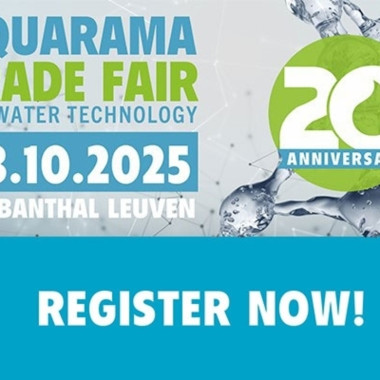Water Smart Cities Project
Article
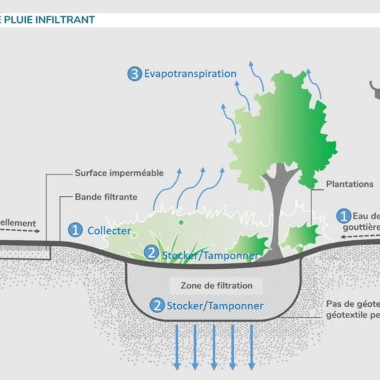
Case study
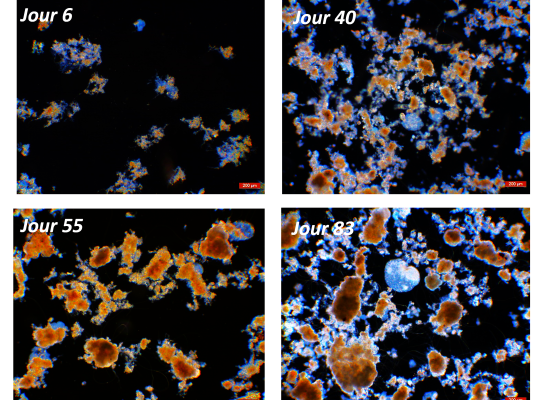
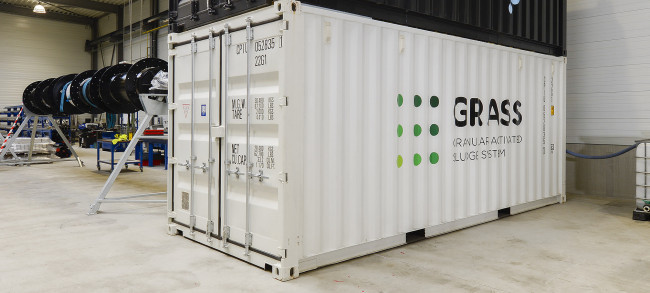
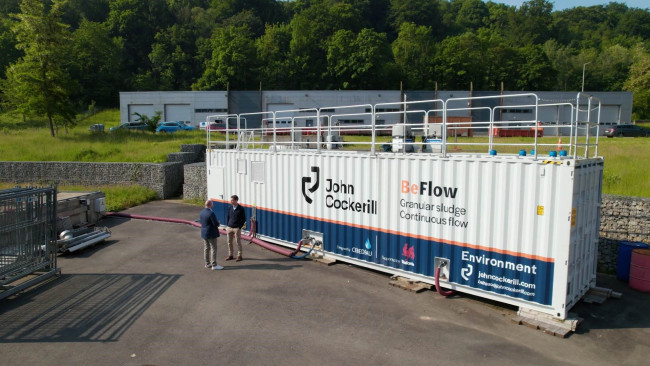
The adventure began in 2009, on returning from a conference where the subject was raised, and was integrated by R&D as a technology of the future: the first pilots and the first granules; promising though imperfect, were born. The desire to continue this work and the development of molecular biology techniques led us to carry out a first research project co-financed by the SPW (Collective research BIAGRA - BIomasse Aérobie GRAnulaire - 2013-2015) in collaboration with the microbiology department of UCLouvain.
Following the very encouraging initial results, the company exelio entered into a partnership with CEBEDEAU to develop a granular sludge process in an SBR configuration. At the end of the research (2016 - 2019), the GRASS® process (Granulated Activated Sludge System) was born : a compact process with a high sedimentation rate. It has since proved excellent industrial wastewater treatment capabilities (including N and P), with a significant reduction in energy consumption. BeFLOW® is the second result of CEBEDEAU’s research on granular sludge, in partnership with the company John Cockerill (2019-2021). The challenge of the BeFLOW research was to develop granular sludge for activated sludge plants operating in continuous mode, on more diluted urban water. This did not exist at the time: the only granular applications were to convert conventional plants into sequential plants for rehabilitation.
All this was developed over several years at CEBEDEAU on pilot units up to 500 L before being implemented in real conditions on platforms of several tens of cubic metres, built by exelio (GRASS®) and John Cockerill (BEFLOW®).
Article

Article

Event
